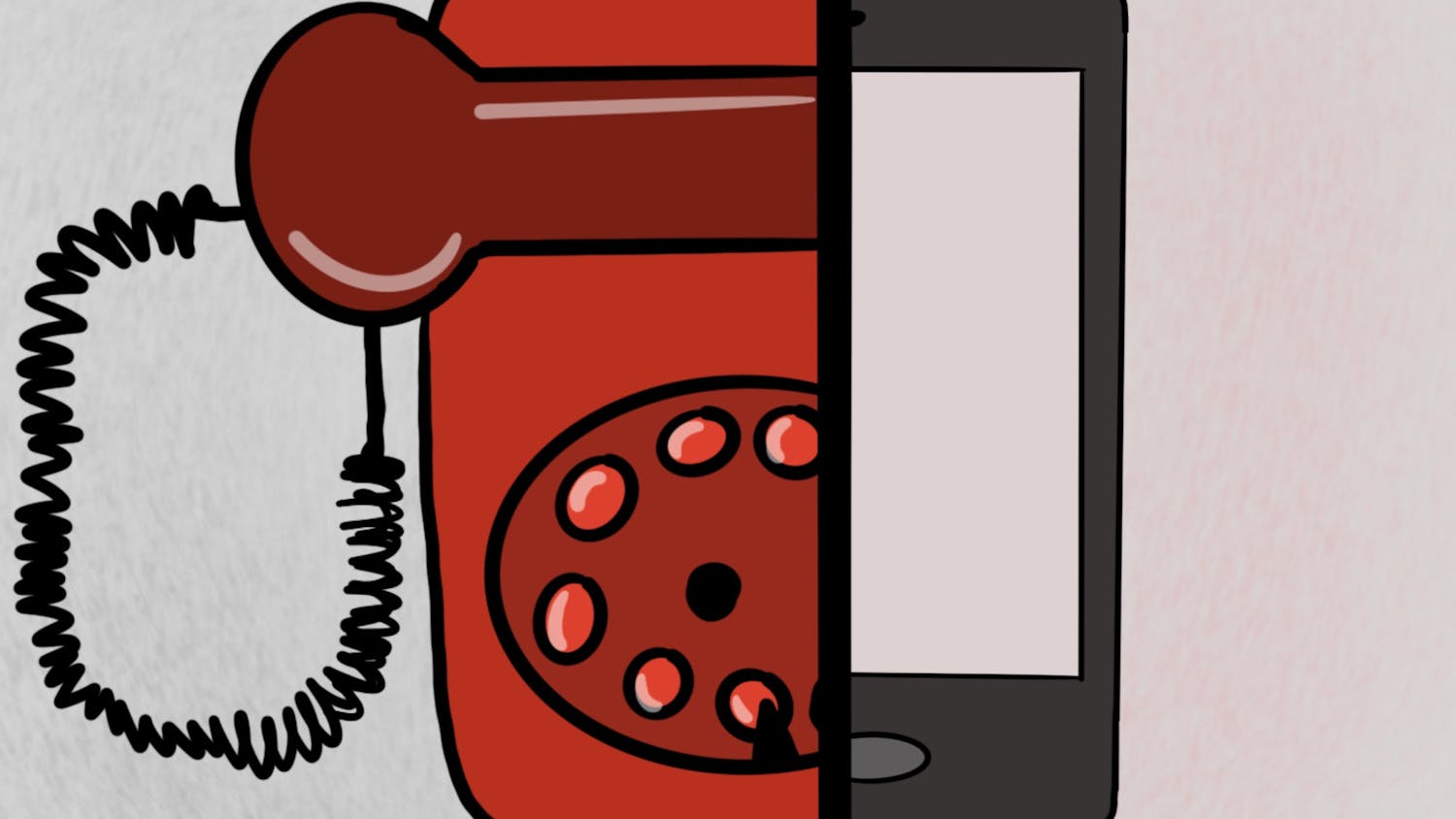In the age of podcasts and YouTube rabbit holes, it is easy to learn a lot about niche topics. Science, historical events, politics — if you can think of it, it is likely out there somewhere. Oftentimes, after surges of looking things up and going down several rabbit holes of the internet, people find themselves getting bored. Yeah, things that can be proven are fun to learn about, but trying to uncover fantastical information that has been kept “secret” from the general public by a “higher power” is more interesting than anything we can prove.
Some conspiracies, depending on who you are and how you look at them, seem very plausible. There is a lot of conspiracy around Area 51, a military base in New Mexico that many people think houses aliens and alien technology. There have been many TV shows and documentaries surrounding this, including a newer Netflix documentary about a man who worked there and claims to have reverse-engineered alien space crafts: Bob Lazar.
Other conspiracies that are popular and seem plausible include information surrounding the deaths of several people, such as Martin Luther King Jr., John F. Kennedy and Marilyn Monroe. Some conspiracy theorists believe that government entities had something to do with these deaths and that there is more to the stories than we think.
A more recent example is the death of Jeffrey Epstein. The conspiracy ended up being just as much of a meme, seen all over the internet attached to the phrase “Epstein didn’t kill himself.” This conspiracy also has plausibility as his death was ruled a suicide, but the information in his autopsy did not line up with this ruling.
Since some conspiracies are plausible, it is difficult to say that any conspiracies are not plausible. A common conspiracy that some people believe is at least a little plausible surrounds 9/11. This is another conspiracy that has been turned into a meme, attached to phrases like “9/11 was an inside job” and “Jet fuel can’t melt steel beams.”
Many people think that 9/11 was a ploy created by the government in order to start a war in the Middle East. That is where the lines become blurred: Does the government have the power to do something like create a false terrorist attack to start a war? Some people think so. Some people think the government has all sorts of secret powers to do things behind America’s back. This itself is a conspiracy known as the “Deep State” and was even jokingly called out by President Trump in a recent COVID-19 press briefing.
Most of the time, when someone is trying to convince people of a conspiracy on the internet, whether it be through a podcast, YouTube or blog, usually it will take a turn in the persuasion to “that’s what they want you to think,” “don’t be a sheep” or “think for yourself instead of what they tell you to believe.” The conspiracy that is most commonly seen in is the “flat Earth” conspiracy. The Earth is not flat. It is a globe, and there are mounds and mounds of scientific evidence to prove so.
Yet conspiracy theorists still believe that the Earth is flat and the governments of the world are covering this up. Believing in conspiracies can be somewhat of a rabbit hole in itself. If you believe the government could be covering up aliens, or certain deaths, how can you say it isn’t possible that they are covering up flat Earth? Pair that with distrust in the government and a craving for individuals to be seen as “free thinkers,” and you get people that refuse to social distance during the coronavirus because they think it’s all made up. It is dangerous.
To be a true “free thinker” means to know the difference between a mistrustful government and someone on the internet who is wearing a tinfoil hat going on about delusions of grandeur. Conspiracy theories are interesting and fun to indulge in, but most aren’t true. Believing every conspiracy theory you see can be literally lethal, especially during a global pandemic.
Mikayla Rochelle is a sophomore studying strategic communication at Ohio University. Please note that the views and opinions of the columnists do not reflect those of The Post. What are your thoughts? Tell Mikayla by tweeting her at @mikayla_roch.






